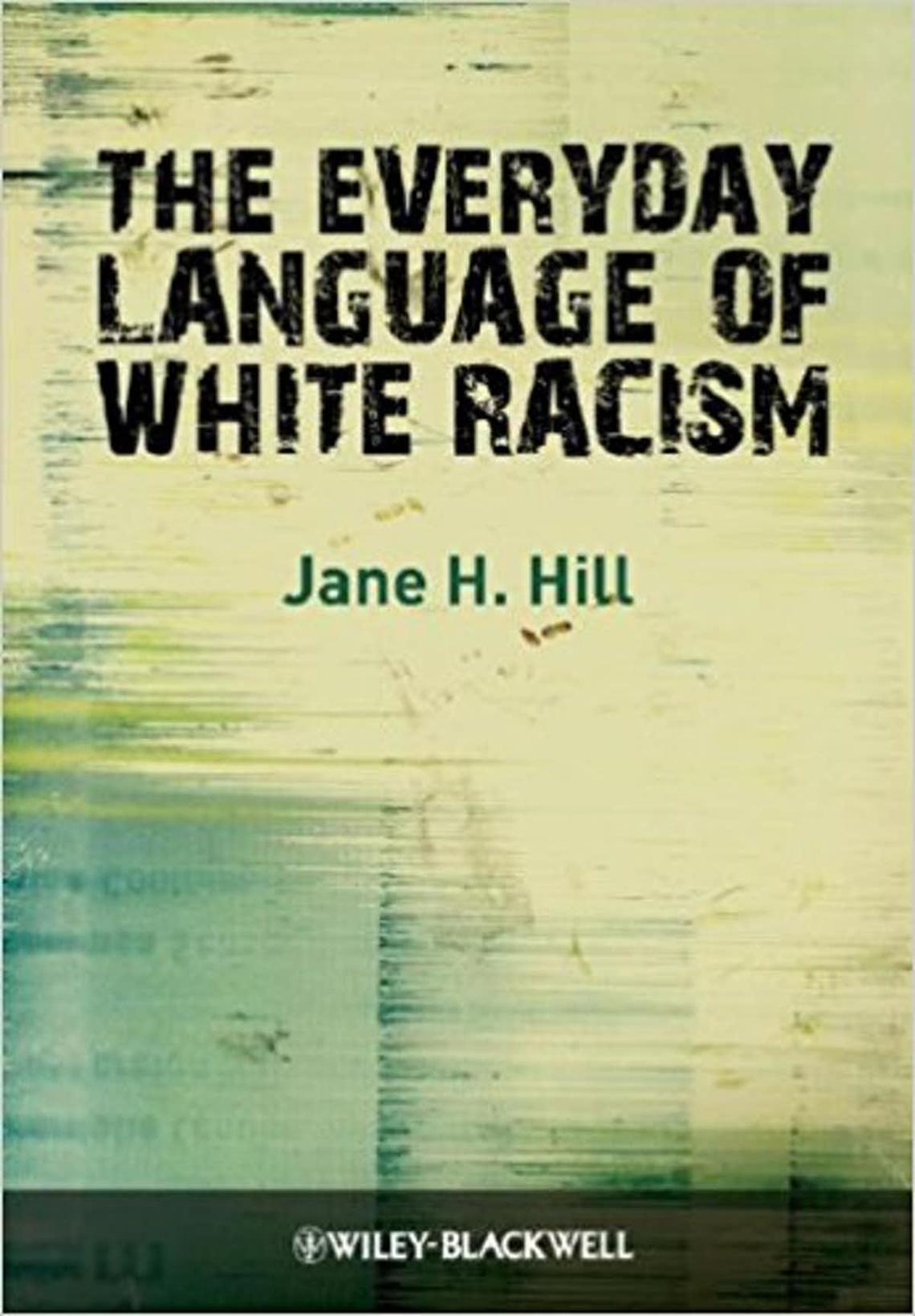Sept. 4, 2017
The S-word: Just stop using it

This summer in Alberta, Ramona Big Head, a middle-school principal on the Kainai Nation, was called a “squ-w” by an Alberta Health Services employee. In one interview, Ms. Big Head noted that though the S-word has an innocent etymology, “it has become a derogatory term that is no longer acceptable when you’re referring to an Indigenous woman.”
I appreciated her point and it gave me pause as a non-Indigenous linguist in Alberta where the S-word persists and also appears in some of our local place names.
It could be argued this is a way of recognizing the historical presence and title of Indigenous peoples in these parts. For instance, Stoney Squ-w Mountain in Banff honours the bravery of a Nakoda woman who lived there. Some locals contend that only a humourless “social justice warrior” would call for a cease- and-desist on the nickname Squ-w’s T-t for a mountain near Canmore. As someone complained in an online forum last October:
There is a coulee about a mile from my place. It’s been known as “Squ-w Coulee” forever. But now, the politically correct crowd had it renamed “Old Woman Coulee.” Yeah right! To us locals it’s “Squ-w Coulee” and so it will remain, like it or not.
Clearly, many non-Indigenous Canadians feel defensive about the S-word. It’s difficult to reconcile the fact that our families have used a destructive slur for generations with the fact that they’re decent folk. So we reject the implication.
Racist from the start
The S-word entered the English language in early 1600s Massachusetts. Although its origins are in the Wampanoag language where it simply meant “woman,” its use in English was arguably racist from the start.
According to Jane Hill in The Everyday Language of White Racism, English colonial setters used it, rather than “woman,” because they considered Indigenous women to be biologically inferior to European women and thereby did not recognize Indigenous women as full humans.
By the 19th century, the S-word was openly recognized as dehumanizing, as in this chilling quote from an Oregon settler in 1857:
It was customary to speak of the Indian man as a buck; of the woman as a squ-w; until, at length, in the general acceptance of the terms, they ceased to recognize the rights of humanity in those to whom they were so applied. By a very natural and easy transition, from being spoken of as brutes, they came to be thought of as game to be shot, or as vermin to be destroyed.
The S-word acquired other pejorative connotations, too, as in from the 1826 best-seller, The Last of the Mohicans: “the crafty ‘squ-w’ … the squalid and withered person of this hag.”

Jane. H. Hill explains that the use of the word squ-w in English was racist from the start.
Sexist and crude
The S-word also came to be associated with female genitalia, due to a widespread rumour that this was its original meaning, and because, as Hill remarks, “the word has an unfortunate sound in English.” We intuitively associate the beginning sequence “squ” with unpleasant “squishiness,” “squelching,” “squatting,” etc., and the “aw” rhyme with hole-like “maw,” “craw” and “yawn.”
The individual speech sounds of “squ-w” are also over-represented in derogatory words (“c-ck,” “qu–f,” “W-g”). In short, “squ-w” sounds offensive in English.
Relatedly, the S-word acquired a connotation of prostitution, as fur traders allegedly came to use it for Indigenous women in the sex trade. Hill shows that the S-word means prostitute to many Native Americans. Moreover, many American place names with the S-word trade on its lewd associations (Squ-w Humper Dam, Squ-w T-ts, Squ-w Teat Butte).
Given all this, it’s remarkable that many of us European North Americans don’t give a second thought to “squ-w dance,” “squ-w skirt,” and “squ-w bread,” among other Indian Country terms.
We’d brush off those who might inform us that these are offensive. We also tell ourselves that a name like “old squ-w” is tongue-in-cheek at worst; it just refers to how chatty this type of duck is.
The S-word has an innocuous Indigenous provenance, so people who are offended by Squ-w Coulee or old squ-w must be overly sensitive, right? The alternative — that we are being terribly offensive — is unthinkable, so we don’t think it.
This line of defence only works in the abstract. In practice, it’s like calling your neighbour an “awful hussy” and insisting that it’s just fine because these words actually derive from “full of awe” and “housewife,” respectively.
More closely, it’s like using the N-word with a Black colleague and reassuring her that it simply meant “Black” in the 17th century.
Our defensiveness, then, only works if we think of Indigenous peoples as an abstract part of our history, not as part of our present lives.
If we accept the reality that Indigenous people are our neighbours, our colleagues and our friends, then we should put the S-word behind us for good, in the dustbin of our shared history.
